Whoa …. British Airways to move to ‘Avios per £1 spent’ in 2023, Iberia to switch now
Links on Head for Points may support the site by paying a commission. See here for all partner links.
Iberia Plus, the Avios-based loyalty scheme for British Airways’s sister airline Iberia, has announced a massive overhaul of its Avios earning structure.
The Avios you earn will no longer be based on the cabin you fly and the distance you travel
From November, the Avios you earn will be based exclusively on what you spend and your elite status.
Iberia has also announced that British Airways will move to the same model in 2023.
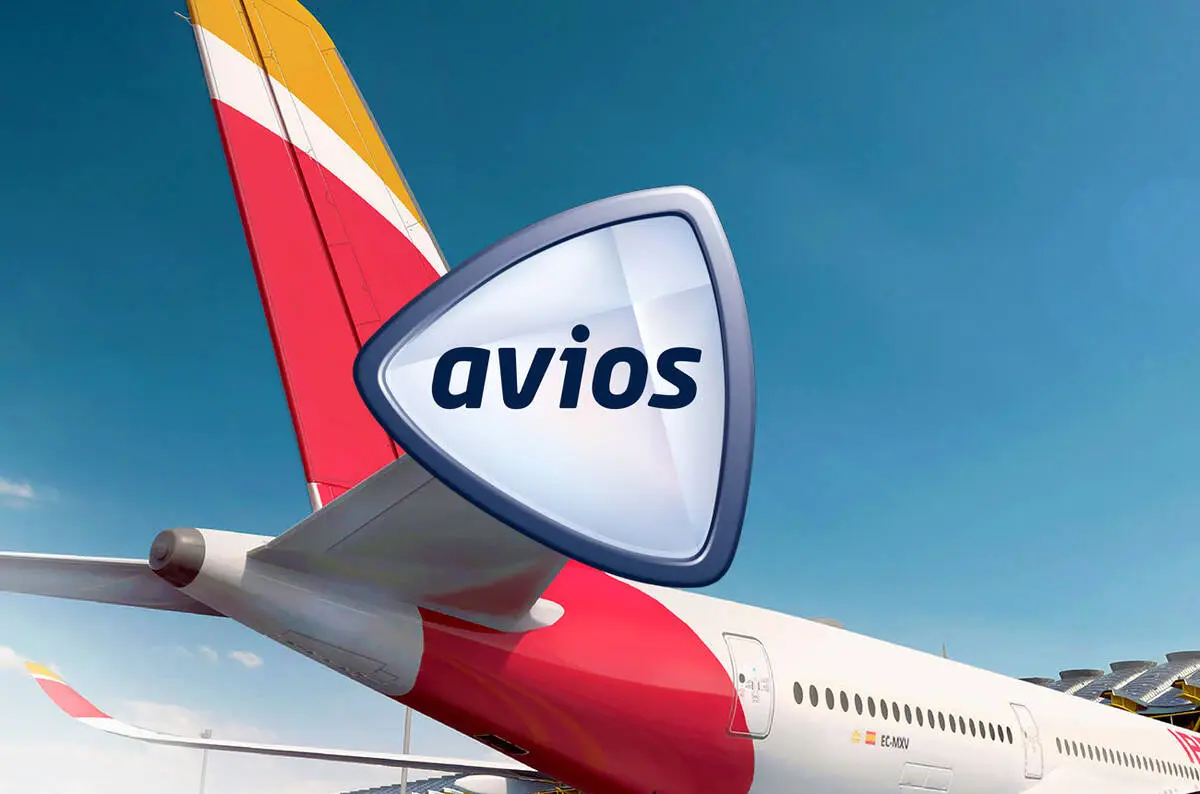
Full details can be found on this page of the Iberia website.
The British Airways announcement is in the official press release:
Ian Romanis, Head of Retail and Customer Relationship Management at British Airways, said:
“We congratulate our colleagues at Iberia for introducing this change and we look forward to joining them in 2023. More announcements will follow about what this change will mean for our Executive Club programme, which will unlock even more opportunities for our Members to earn Avios when they fly.”
I challenge anyone to give an example of how these changes ‘will unlock even more opportunities for our Members to earn Avios when they fly’. When you have to resort to peddling claims like this, which literally don’t make any sense, you know you’ve lost the argument.
We’re getting ahead of ourselves, however.
What is changing with Iberia Plus?
It is, at least, simple. The number of Avios you earn per Euro is based on your status in the Iberia Plus programme.
A base level member earns 5 Avios per €1, whilst an elite member will earn up to 8 Avios per €1.
Importantly, the fare calculation used to calculate Avios is based on “your net spending, not including taxes or carrier charges.”
Or is it?
When Iberia’s website went live earlier today, it did indeed feature the wording above.
This has now changed. It now says “your net spending, not including taxes or fees”.
If carrier charges are not included, you would only earn 10-16 Avios on a return Economy flight to New York if BA adopted the same earning rates. This is how a typical ticket looks:
Base fare £2.00
Additional Charges (Adult) £397.96, of which:
Air Passenger Duty – United Kingdom £84.00
Passenger Service Charge – United Kingdom £56.06
Passenger Civil Aviation Security Service Fee – USA £4.80
International Transportation Tax – USA £17.00
International Transportation Tax – USA £17.00
Animal & Plant Health User Fee (Aphis) – USA £3.40
Immigration User Fee – USA £6.00
Customs User Fee – USA £5.60
Passenger Facility Charge – £3.90
Carrier imposed charge – £200.00
ba.com booking fee – £0.00
Total £399.76
Based on the original Iberia rules published online (Avios on base fare only, nothing awarded on carrier charges or taxes), and assuming that British Airways goes with a similar 5-8 Avios per £1 spent, you would earn between 10 and 16 Avios for flying on this ticket.
If carrier charges ARE included, you have a base fare of £202. This means you would earn between 1,010 and 1,616 Avios for a return flight.
Elite bonuses have been quietly cut
Whilst it isn’t immediately obvious from the numbers in the image above, Iberia has cut its elite tier bonuses.
At present, you get a bonus of 25%, 50% or 100% of Avios earned based on your elite status.
If you do the maths on the numbers above, working from a base level of 5 Avios per €1, elite status bonuses have been cut to 20%, 40% and 60%.
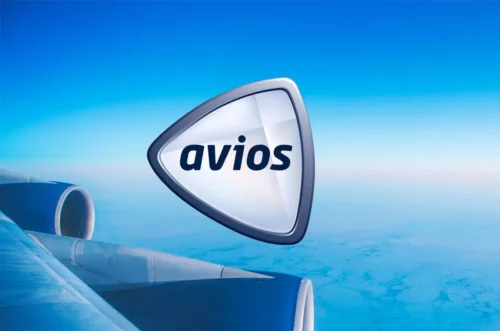
Is this model of awarding miles a good one?
This model of earning Avios has been used by other airlines and is generally agreed to be a dud. The only exceptions are Finance Directors, who can easily understand how the cost of miles is linked to the money coming in and so like the idea.
Those who think more carefully about these things usually don’t agree. This is because you are rewarding the wrong people most highly.
The people who are flying on £10,000 fully flexible business class fares to New York are the ones who are laughing all the way to the mileage bank. However, with few exceptions, these are corporate travellers whose choice of airline is made by their employer. You could give these people zero miles and it wouldn’t impact the money that their employer spends with the airline.
Similarly, it is (duh) the fullest flights which charge the highest prices. Because these flights are ALREADY full, it makes no sense to spend most of your loyalty budget rewarding the people who fly on them. Those seats would sell anyway, multiple times over.
On similar logic, fares are higher on routes where there is no competition – but on routes where there IS competition, and where fares are lower, the lure of Avios is more important. Weirdly, you will now be rewarded more for flying expensive routes where only British Airways could have got you there. You will earn fewer Avios on competitive routes where you can choose between carriers.
It should all be about the marginal Euro (or Pound)
The secret for an airline is to attract marginal spending. This means:
- attracting the leisure Euro, from self funding passengers who often won’t have status (and so, in this structure, earn just 5 Avios per £1)
- attracting small business travellers and the self-employed, who do an important job of filling your aircraft at off-peak times, but who are now given less incentive to do so
The bottom line is that you don’t make money by getting more people to travel on full flights, because this isn’t possible. You make more money by filling seats on cheaper, off-peak flights which would otherwise be empty, and this is where your loyalty budget should be focussed.
This model quietly ignores huge corporate rebates
There is one other factor which is generally ignored when thinking about the link between Avios and money spent.
I would be surprised if Iberia has any big corporate contracts where there is not a massive rebate paid at the end of the year. These are generally along the lines of ‘if you spend £2,500,000 with us during this calendar year, we will pay you £500,000 back at the year end’.
What this means is that the traveller on a notional £10,000 ticket, and being ‘over rewarded’ with 8 Avios per £1, isn’t even spending £10,000. A large chunk of that money is coming back to their employer at the end of the year.
An SME traveller choosing to spend £8,000 – with no corporate contract to rebate 20% of the fare – is spending the same net amount but earning fewer Avios. This is also the traveller who is likely to have a choice about which airline to fly with.
So …. the bottom line tends to be that this model of mileage earning:
- over-rewards corporate travellers who have no choice over which airline to fly and whose published ticket cost is highly inflated due to rebates, whilst
- under-rewarding small business travellers and leisure travellers, who have 100% control over which airline they use and who pay the full sticker price
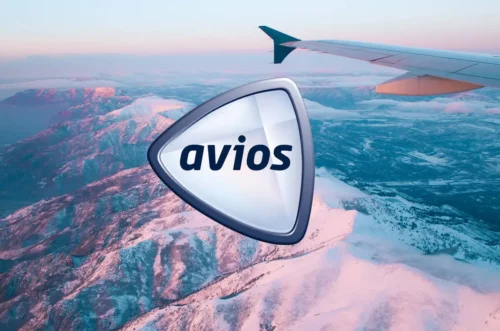
Other key points about the Avios changes
The way you earn status is not changing
For clarity, there is no change to how you earn status with Iberia. There will be no linkage, at all, with spending.
The existing system of Elite Points remains.
We can guess that British Airways will also retain the existing tier point system.
It is likely that Avios earning with partners will not change
Due to IT complexity, it is highly likely that flights from airline partners will continue to earn Avios based on a combination of cabin class and distance flown (eg 125% of miles flown for discounted business class). This is because partner airlines do not receive fare data from the operating carrier.
However, British Airways will be moving to ‘Avios per £1 spent’ earning on transatlantic flights on American Airlines, Finnair, Iberia and Aer Lingus. This is possible because it does see the underlying fare data on these flights due to the joint venture in place. Other flights operated by these carriers will continue to earn Avios based on the standard charts.
Of course, if you don’t like the British Airways changes in 2023, you could credit your flight to Qatar Airways Privilege Club (assuming you don’t need the tier points) or even a non-Avios programme.
And, of course, ‘earning from flying’ is not that important these days
The writing was on the wall for earning Avios from flying when British Airways reduced its minimum earning rate from 500 Avios to 125 Avios per flight.
For a number of years now it was likely that, if flying discounted economy, you would earn more miles from your credit card spend when you buy the ticket than you earn from actually flying it. Nothing announced today will change that.
You can find out more about the Iberia changes on its website here. We will no doubt be returning to this topic in the future.
PS. If you are not a regular Head for Points visitor, why not sign up for our FREE weekly or daily newsletters? They are full of the latest Avios, airline, hotel and credit card points news and will help you travel better.
To join our 70,000 free subscribers, click the button below or visit this page of the site to find out more. Thank you.
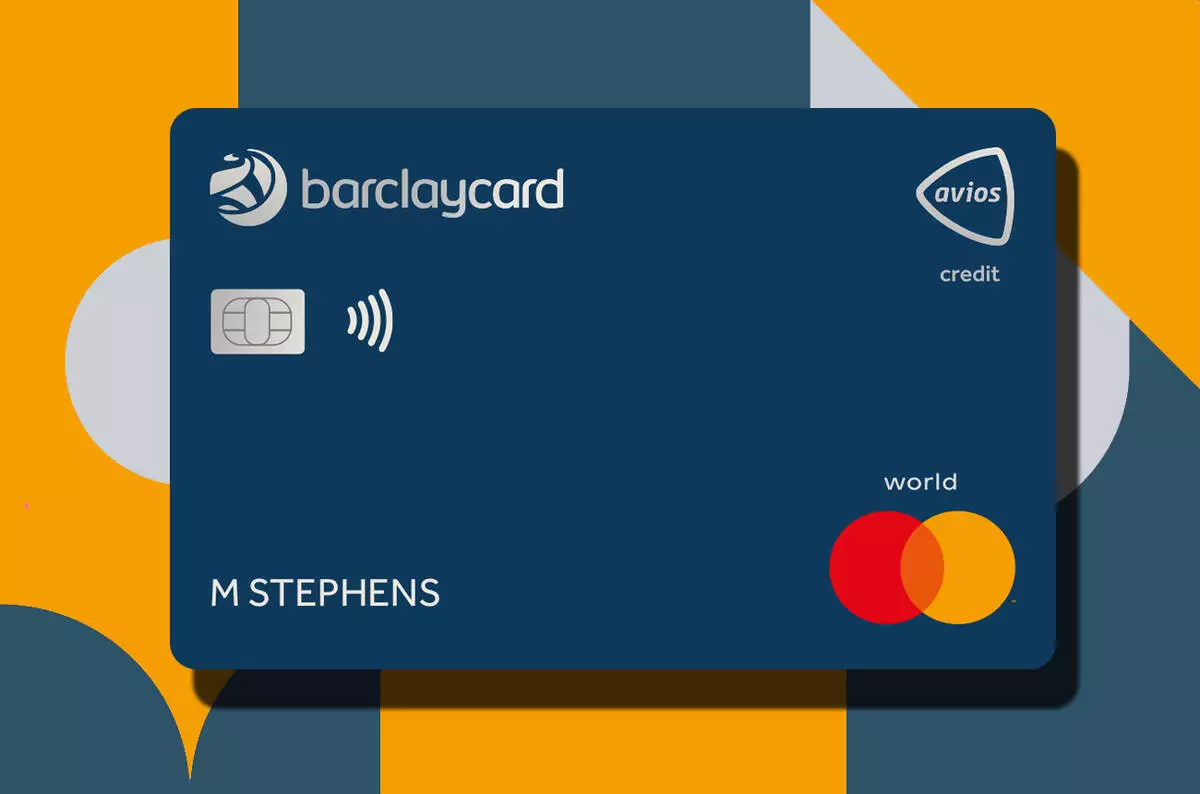
How to earn Avios from UK credit cards (September 2025)
As a reminder, there are various ways of earning Avios points from UK credit cards. Many cards also have generous sign-up bonuses!
In February 2022, Barclaycard launched two exciting new Barclaycard Avios Mastercard cards with a bonus of up to 25,000 Avios. You can apply here.
You qualify for the bonus on these cards even if you have a British Airways American Express card:

Barclaycard Avios Plus Mastercard
Get 25,000 Avios for signing up and an upgrade voucher at £10,000 Read our full review

Barclaycard Avios Mastercard
Get 5,000 Avios for signing up and an upgrade voucher at £20,000 Read our full review
There are two official British Airways American Express cards with attractive sign-up bonuses:

British Airways American Express Premium Plus Card
30,000 Avios and the famous annual Companion Voucher voucher Read our full review
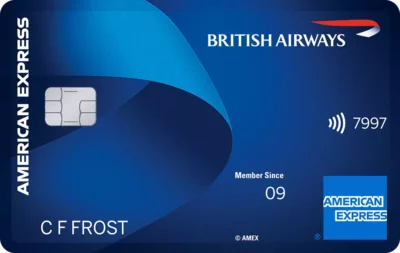
British Airways American Express Credit Card
5,000 Avios for signing up and an Economy 2-4-1 voucher for spending £15,000 Read our full review
You can also get generous sign-up bonuses by applying for American Express cards which earn Membership Rewards points. These points convert at 1:1 into Avios.
SPECIAL OFFER: Until 14th October 2025, the sign-up bonus on the American Express Preferred Rewards Gold Credit Card is doubled to 40,000 Membership Rewards points. This would convert to 40,000 Avios! The spend target is changed to £5,000 within SIX months of approval. T&C apply. Click here to apply.
SPECIAL OFFER: Until 14th October 2025, the sign-up bonus on The Platinum Card from American Express is increased to 80,000 Membership Rewards points. This would convert to 80,000 Avios! The spend target is changed to £10,000 within SIX months of approval. T&C apply. Click here to apply.

American Express Preferred Rewards Gold Credit Card
Your best beginner’s card – 40,000 points, FREE for a year & four airport lounge passes Read our full review

The Platinum Card from American Express
80,000 bonus points and great travel benefits – for a large fee Read our full review
Run your own business?
We recommend Capital on Tap for limited companies. You earn points worth 0.8 Avios per £1 on the FREE standard card and 1 Avios per £1 on the Pro card. Capital on Tap cards also have no FX fees.

Capital on Tap Visa
NO annual fee, NO FX fees and points worth 0.8 Avios per £1 Read our full review
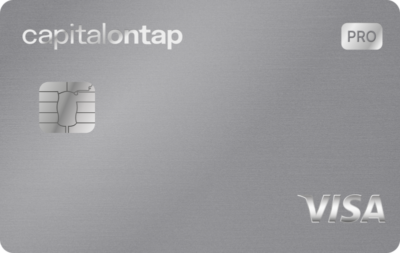
Capital on Tap Pro Visa
10,500 points (=10,500 Avios) plus good benefits Read our full review
There is also a British Airways American Express card for small businesses:
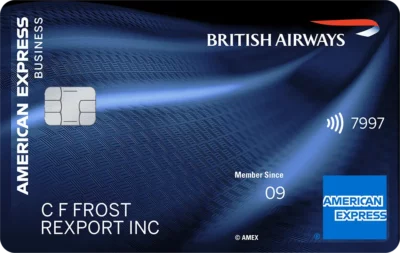
British Airways American Express Accelerating Business Card
30,000 Avios sign-up bonus – plus annual bonuses of up to 30,000 Avios Read our full review
There are also generous bonuses on the two American Express Business cards, with the points converting at 1:1 into Avios. These cards are open to sole traders as well as limited companies.
SPECIAL OFFER: Until 14th October 2025, the sign-up bonus on The American Express Business Platinum Card is increased to 120,000 Membership Rewards points. This would convert to 120,000 Avios! The spend target is changed to £12,000 within three months of approval. T&C apply. Click here to apply.
SPECIAL OFFER: Until 14th October 2025, the sign-up bonus on The American Express Business Gold Card is TRIPLED to 60,000 Membership Rewards points. This would convert to 60,000 Avios! The spend target is changed to £6,000 within three months of approval. The card remains free for the first year. T&C apply. Click here to apply.

The American Express Business Platinum Card
120,000 points when you sign-up and an annual £200 Amex Travel credit Read our full review

The American Express Business Gold Card
60,000 points sign-up bonus and FREE for a year Read our full review
Click here to read our detailed summary of all UK credit cards which earn Avios. This includes both personal and small business cards.
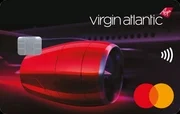


 Rob
Rob 




Comments (287)